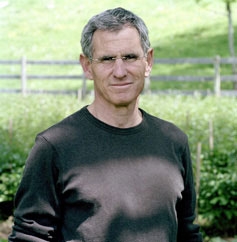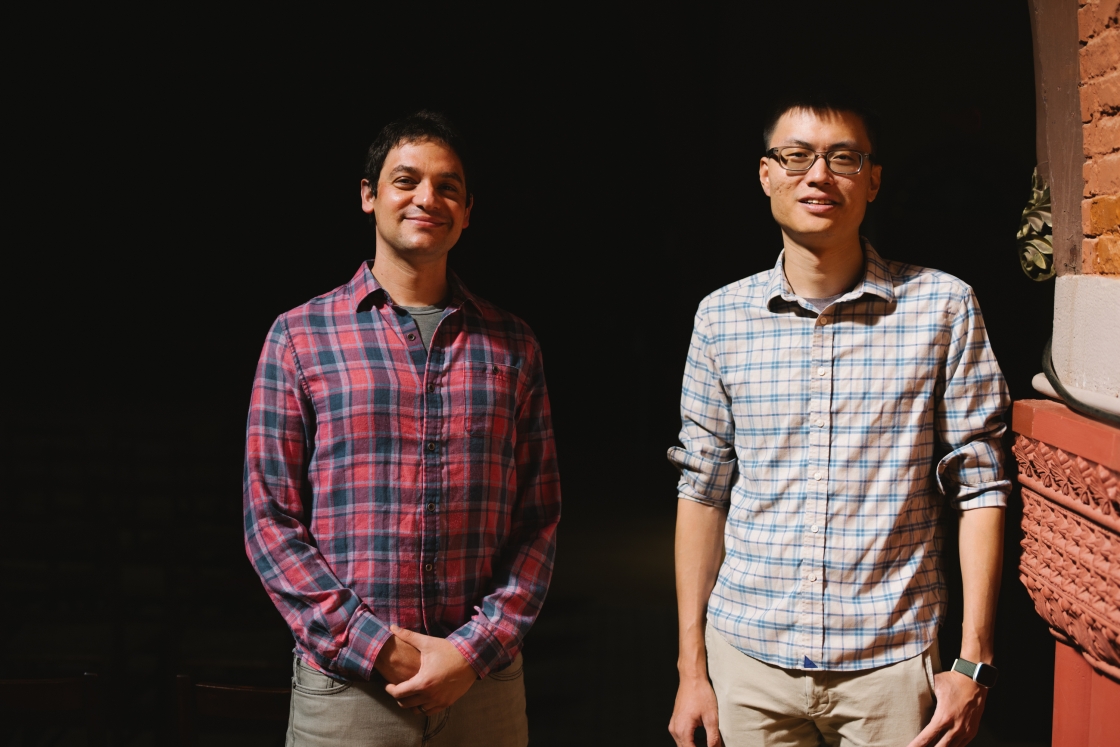
Jon Kabat-Zinn, a medical researcher with expertise in mindfulness meditation, will give a public lecture in Spaulding Auditorium April 7. (courtesy Jon Kabat-Zinn)
Mindfulness meditation teacher and pioneering mind-body medicine researcher Jon Kabat-Zinn, PhD, will visit Dartmouth for three days beginning April 7. While on campus, he will meet with President Kim as well as Dartmouth-Hitchcock Medical Center physicians and both undergraduate and medical students.
On Thursday, April 7, Kabat-Zinn will give a public lecture, titled “The Healing Power of Mindfulness: Living As if Your Moments Really Mattered,” beginning at 4:30 p.m. in Spaulding Auditorium. A book signing will take place afterward.
Kabat-Zinn has studied the effects of mindfulness meditation on stress and illness for over 30 years. He is the founding executive director of the Center for Mindfulness in Medicine, Health Care, and Society at the University of Massachusetts Medical School. He is also the founding director of its Stress Reduction Clinic and is professor of medicine emeritus at the University of Massachusetts Medical School. The author of numerous scientific articles and several best-selling books, Kabat-Zinn teaches mindfulness and Mindfulness-Based Stress Reduction (MBSR) in various venues around the world.
“The Tucker Foundation worked to bring Jon Kabat-Zinn to campus because of the grounding of the mindfulness-based stress reduction approach in general practices of reflection and compassion and in Buddhist spirituality,” says Helen Damon-Moore, director of service and educational programs for the foundation. Ira Byock, director of the Dartmouth-Hitchcock Palliative Care Service, notes the special significance of Kabat-Zinn’s visit to Dartmouth. “We can best practice whole person care and advance the health of the population we serve by being whole and healthy ourselves,” he comments. “Jon’s visit to Dartmouth is evidence of our commitment to the health of our entire community.”
In addition to the Tucker Foundation, Kabat-Zinn’s presentations are hosted and sponsored by the Dartmouth-Hitchcock Palliative Care Service and Norris Cotton Cancer Center.
Kabat-Zinn spoke with Dartmouth Now prior to his visit to Hanover.
What is mindfulness?
The awareness that arises by paying attention on purpose and non-judgmentally, in the present moment. That’s easy to say, but it turns out it’s one of the hardest things in the world to actually implement.
Why do you think that is?
We’re lost in thought most of the time, caught up in the future (planning and worrying), and the past (in memory), so that very often the present moment just gets completely squeezed.
How does mindfulness work in healthcare?
What we call the mind, which is something of a mystery but is related to the activity of the brain, seems to have the potential to influence a range of diseases and medical conditions related to stress and pain. It might be working in a number of ways, including influencing how our genes are actually expressed, and what networks in the brain are activated or attenuated, and how the immune system is activated. There are all sorts of ways that science is becoming aware in which mindfulness can actually play a role in health.
Medicine is really a partnership where you negotiate a kind of common trajectory. If the patient’s not doing what he or she can do to optimize well-being, what the healthcare system can do from the outside is really rather constrained.
Do you find any difficulty with getting patients to take that responsibility?
No. On the whole, people who are suffering find practicing mindfulness very congenial and freeing. But it is not about getting people to do anything. It’s actually about non-doing. There’s a paradoxical element to it. We find that people stop smoking in the stress reduction clinic, but we never talk about smoking. We find that people lose weight and change their relationship to eating without ever talking about weight and diet. People say things like, “You gave my life back to me.” And of course, we didn’t give them anything. They reconnected to elements of their lives that felt lost or out of control.
What do you say to people who think mindfulness is just one more thing they have to do each day?
Everybody has the capacity for mindfulness, but we’ve never had any schooling in how to use it. It’s simple but not easy.
You’ve got 24 hours in the day, just like everybody else; during one-third of it, if you’re lucky, you’re going to be asleep. The question is, are you going to sleep through the other two thirds, be on automatic pilot, or is it possible to actually be awake? It doesn’t take any extra time or effort to be present, what it really takes is remembering.
